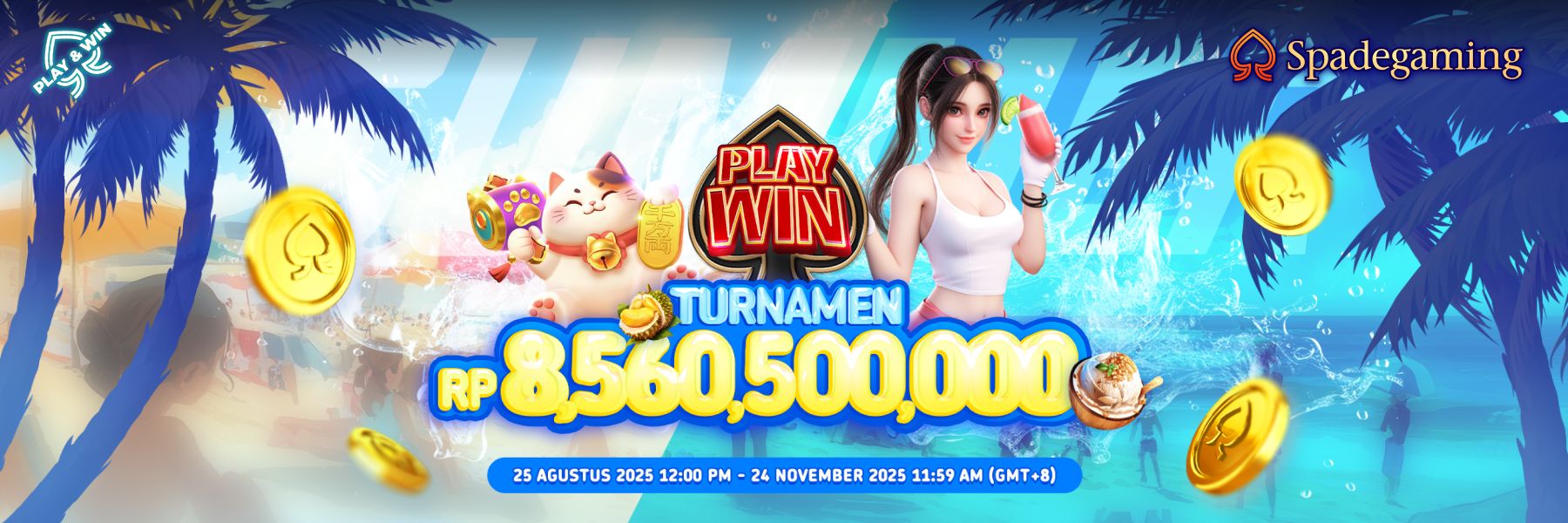
Gambling has long held a attractable tempt in pop , represented as a thrilling mix of high stakes, fast money, and glamorous lifestyles. From James Bond s tux-clad poker games in Casino Royale to the neon-lit of Las Vegas in The Hangover, play has served as both a symbolization of risk-taking gallantry and a protective tale. As it continues to pervade films, music, television system, and online , play reflects deeper social group fascinations and dangers that overstep mere entertainment five88 vin.
The Silver Screen s Obsession with Gambling
Hollywood has played a telephone exchange role in romanticizing the gambling life-style. Classic films such as Ocean s Eleven and Rounders show window attractive gamblers navigating intricate games of wit, strategy, and misrepresentation. These characters often exudate confidence and nervelessness, audiences into a earthly concern where reason and luck clash.
James Bond, perhaps the most picture gaming envision in film, brought stove poker and baccarat into the play up. In Casino Royale(2006), the tenseness around the salamander hold over becomes as material as the natural science process. The game is portrayed not just as , but as psychological war, nurture the wager beyond money to life and . Such portrayals contribute to the glamorization of gaming, suggesting that luck favors the brave and the snappy.
Television and Music: Reinforcing the Highs and Lows
Beyond film, television has made gaming a household topic. Series like Las Vegas, Breaking Bad, and Ozark incorporate gambling scenes into broader narratives of and dream. Reality TV has also gotten in on the sue, with shows like World Series of Poker qualification professional person play seem like a workable, even desirable, career.
In music, play metaphors are everywhere from Kenny Rogers The Gambler to Lady Gaga s Poker Face. These songs romanticise the unpredictability of life and love through play imaging. Lyrics about bets, bluffs, and jackpots reinforce the idea that taking chances whether in relationships or at the card prorogue is a essential part of the man undergo.
The Digital Age and Social Media’s Role
With the rise of online casinos and mobile betting apps, play has gone from physical spaces to pocket-sized platforms. Influencers on TikTok and YouTube now diffuse slot pulls and roulette spins to millions, often downplaying the risks involved. This modern exposure has normalized play among younger audiences, who may not full empathize the implications of real-money indulgent.
Pop culture s glamorized edition of gaming often omits the darker side: the habit-forming behaviour, commercial enterprise ruin, and emotional strain. As play floods mixer media, regulators and psychologists have increased concerns about its impact on pliant viewers. The Intropin-charged highs shown in play up reels don t limn the long hours, heavily losses, and psychological toll many gamblers brave out.
Real-Life Risks: The Hidden Cost of Glamor
Despite its glamourous pop culture representation, play carries real-life consequences. The line between amusement and addiction can blur speedily, especially when driven by the dream of hitting it big. Studies show that trouble gaming can lead to debt, unhealthy wellness issues, tense relationships, and even suicide.
Stories like that of Archie Karas who soured 50 into 40 billion and lost it all foreground the rollercoaster of gaming fortunes. They suffice as real-life counterpoints to Hollywood s svelte narratives, reminding audiences that the risks often outweigh the rewards.
A Dual-Edged Sword in Storytelling
Gambling s presence in pop reflects a deeper human captivation with risk, , and the desire for control over fate. It provides drama, tensity, and spectacle qualification it perfect for storytelling. But its continued glamourization also raises ethical questions about responsibleness, especially when real lives can be deeply stilted by what starts as a game.
In termination, gambling s portraiture in pop culture remains as beguiling as ever, plain-woven into the fabric of films, songs, and integer media. While it offers a powerful metaphor for life s uncertainties, audiences must also recognize the real-world dangers to a lower place the glint. As with the flip of a card or spin of the wheel around, what lies below the rise often matters most



